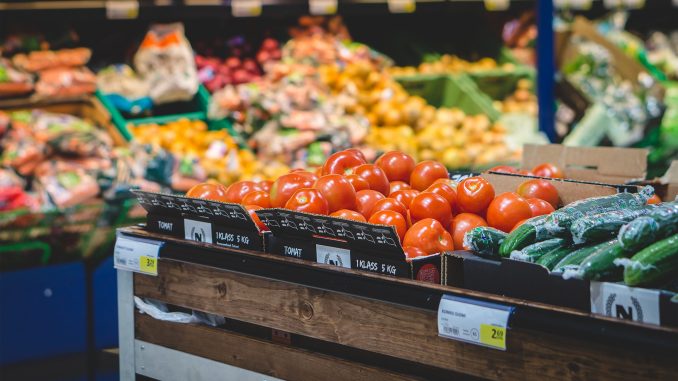
The UK is due to leave the European Union next month. But, with disruption predicted by most experts in the event of a no-deal Brexit, how could food supply be affected?
If no-deal Brexit is to happen, it would mean that the UK would revert to WTO tariffs on trade.
According to retailers, if the UK leaves the EU without a deal, it could lead to price increases on many different food products for consumers. Retail bodies have drawn attention to the risks to consumers, which includes an increase in prices of up to 45%.
They have also warned that it could lead to shortages in some items. These increases would be caused by higher tariffs to products, as well as an introduction of new regulatory checks.
Aodhan Connolly, director of the Northern Ireland Retail Consortium, Thomas Burke, director of Retail Ireland said in a recent interview: “Our supply chains are highly integrated, with food ingredients coming from both Ireland and the EU, and 60 per cent of the £2bn of Northern Ireland agri-food bound for Great Britain crosses the Irish sea via Dublin.”
He added: “A no-deal outcome would have devastating economic consequences, potentially jeopardising years of positive economic development and integration across the islands of the UK and Ireland. It is imperative that this is avoided.”
“A no-deal Brexit brings tariffs, customs processes, checks and costs which our industry, and Northern Ireland families in particular, cannot afford to absorb. Our households already have half of the discretionary income of British households and less than those in the Republic of Ireland.”
“A no-deal Brexit will hit us first and hit us hardest. This is not acceptable. A hard Brexit means a hard border and the disintegration of supply chains that have been built up over 40 years of EU membership. This is not a binary choice for Northern Ireland between trade with the UK and trade with the EU.”
“However, regardless of the type of Brexit agreed over the coming weeks, retailers will see an increase in their operating costs arising from checks at ports and other supply chain disruption.”
“In the current operating environment, these additional costs simply cannot be absorbed and will have to be passed on to consumers in the form of higher prices. Our members continue to work hard to plan for all possible eventualities, but the ongoing uncertainty is damaging our industry and impacting our customers.”


Leave a Reply